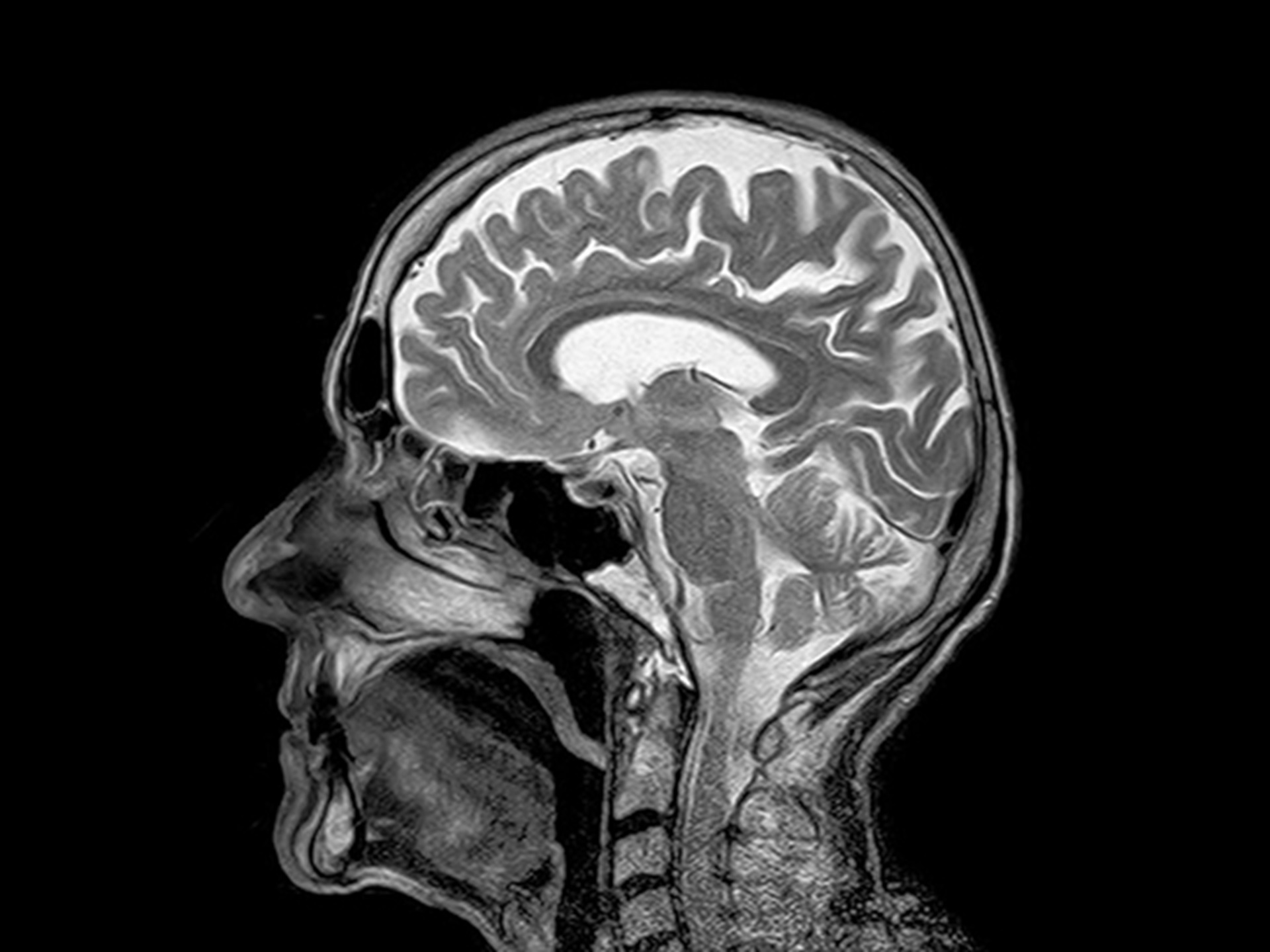
When The Brain Tumour Charity launched its 2015-2020 strategy, they set themselves the ambitious goal of trying to “double survival and halve the harm brain tumours have on quality of life”.
Poor survival for brain cancer
The need to achieve this goal was brought into sharper focus when Baroness Tessa Jowell’s impassioned and moving speech in the House of Lords calling for more cancer patients to be given the opportunity to take part in ‘adaptive trials’, and gain better access to new treatments. Five months after giving the speech, she died of brain cancer.
Despite excellent research and recent advances, the survival rate of brain cancer is still extremely low compared to other cancers – with only 14% of brain cancer patients surviving for five or more years after diagnosis, a number which has improved little over the last 40 years.
Coming together for change
It’s easy to see why improvements have been so small. Our own drug access report recently highlighted the lack of any new drugs for brain cancer being licensed over a 17 year period since 2000.
For example, the amount of time it takes for drugs to get through clinical trials to be approved by The National Institute of Health and Care Excellence to reach the patients has increased from 12.7 years (2000-2008) to 14.1 years (2009-2016).
It is clear how much work needs to be done and the history books could show that it was Tessa’s intervention that proved crucial.
Lord Adonis, the host of the event and a fellow Labour peer, began by emphasising the importance of joining forces to accelerate change. He described how Baroness Jowell’s speech acted as a kind of catalyst, pushing ministers to recognise the need for change to advance both treatment and quality of life for brain cancer patients.
Our latest research shows that within the next decade, we can make acute lymphoblastic leukaemia preventable. Your support will help us make this disease a thing of the past.
A new kind of clinical trial
Dr Igor Vivanco, Team Leader of Molecular Addictions here at the ICR, was invited to attend this celebration in recognition of his valuable research into brain cancer – here at the ICR, where he works closely with the Drug Development Unit and the Neuro-oncology Unit at The Royal Marsden, and in the NCRI Brain Clinical Studies Group (CSG).
Dr Vivanco is a translational brain cancer biologist, who is constantly pushing to get his research discoveries into new or improved approaches to treatment for cancer patients as quickly as possible.
One example of this is his role as co-investigator in a first-of-its-kind clinical trial, which was discussed at this event and will launch next year, called the Tessa Jowell BRAIN-MATRIX.
Radically increasing access to new treatments
Dr Vivanco will be working alongside the trial lead Professor Colin Watts, Professor of Neurosurgery at the University of Birmingham, who spoke at the event about the trial aims to offer brain cancer patients radically increased access to experimental, non-standard treatment.
The trial will involve ten of the UK’s major brain tumour referral centres, bringing together researchers, oncologists and patients in a network, sharing knowledge and ideas to identify where the gaps in research and treatment are.
With £2.8 million invested by The Brain Tumour Charity, the trial will help to identify those patients who are mostly likely to benefit from each specific treatment being tested in the study.
Figuring out what’s wrong with current treatment
Dr Vivanco also played a role in the creation of the Glioma NCRI CSG subgroup, which focuses on designing new clinical trials, as well as raising awareness of the current challenges and what could be done to encourage collaboration and synergy of expertise.
When discussing his work in brain cancer, Dr Vivanco said: “The preclinical work we are doing is really important as it guides the development of new targeted therapies, as well as informing how pre-existing therapies could be used more efficiently.
He added: “One example of this effort is a current trial led by Dr Juanita Lopez being conducted by the ICR and The Royal Marsden Drug Development Unit, on which I am the translational lead.
Explaining about this trial, Dr Vivanco continued: “This study, called ICE-CAP, is assessing the safety of combining immunotherapy and a targeted small molecule drug. We plan to extensively analyse tissue from brain cancer patients in this trial to determine as precisely as possible whether these drugs targeted at the right place. Hopefully this will improve the outcome for patients in clinical trials.”
Working together against brain cancer
Dame Tessa Jowell’s daughter, Jess Mills, also spoke at the event. Jess has played a crucial role in driving change for brain cancer patients – encouraging government ministers and brain tumour experts alike to work together to make cancer care for those with brain tumours “accessible to the millions, not just to millionaires”.
The event was more than a touching tribute to Baroness Tessa Jowell and the huge impact she had, and continues to have, on the cancer community, from researchers in the lab to ministers in Government.
It was promising to see such a variety of people in the same room, all working towards the same goal – improving the lives of brain cancer patients, whether through fundraising, research, lobbying or simply sharing their experiences.
